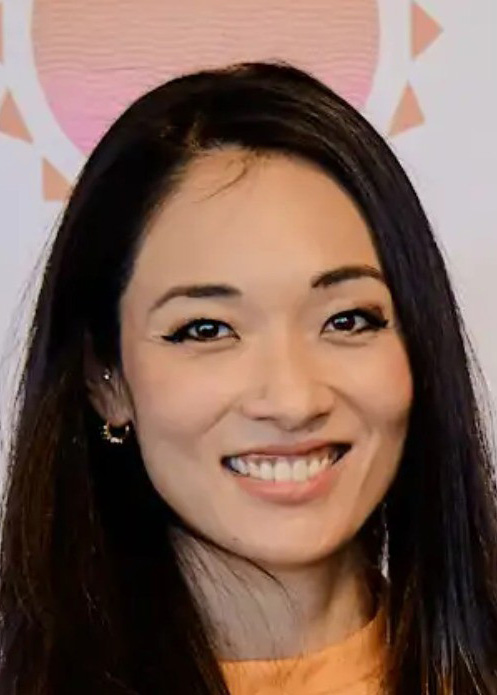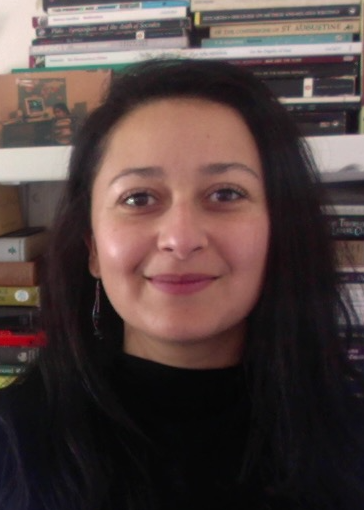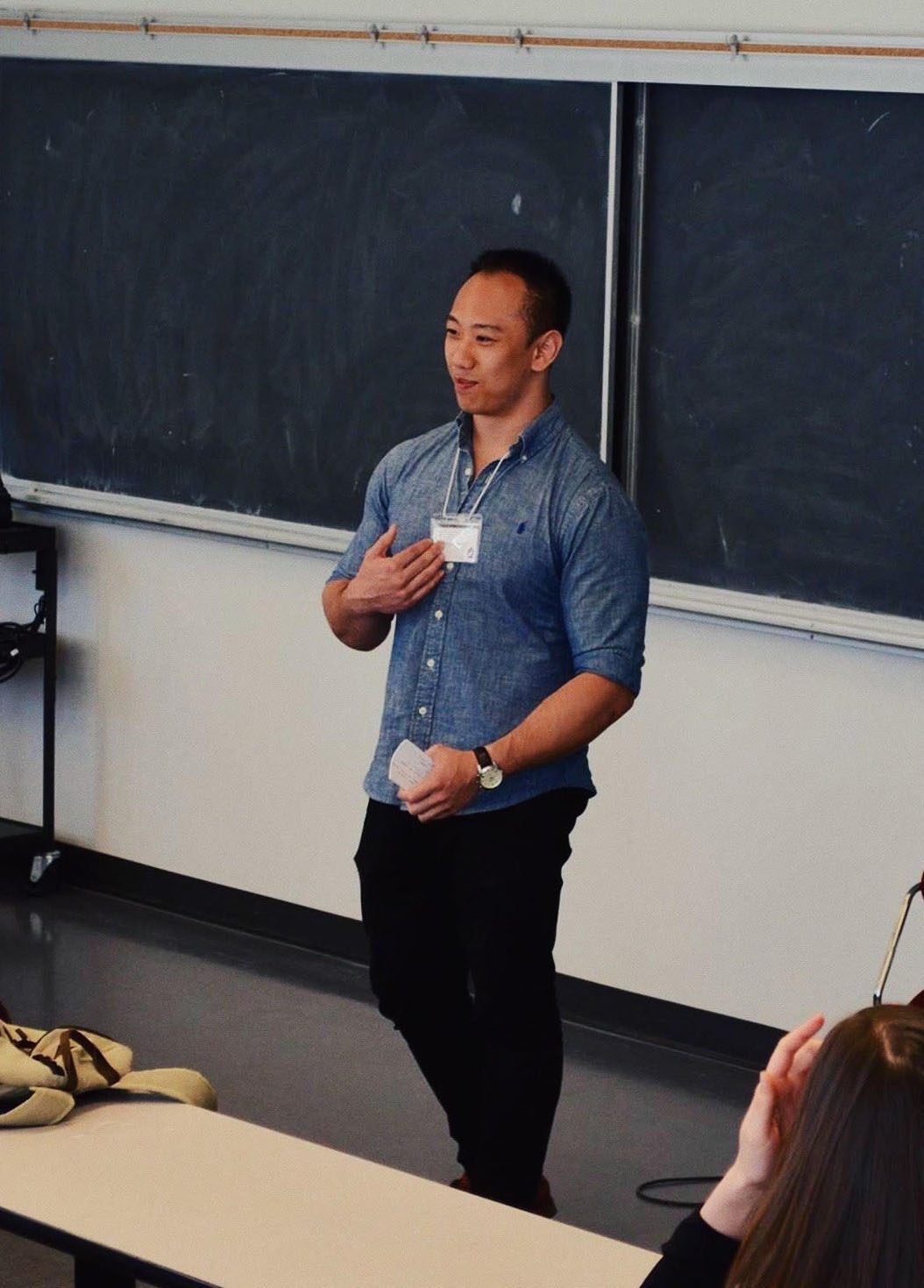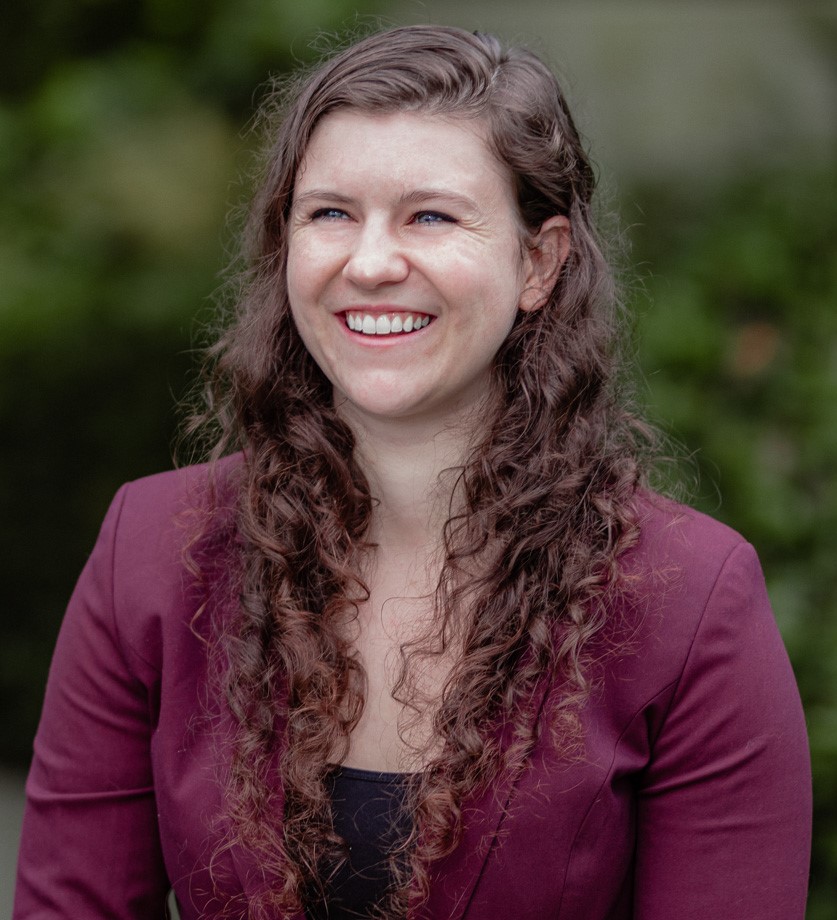Heather Hastie
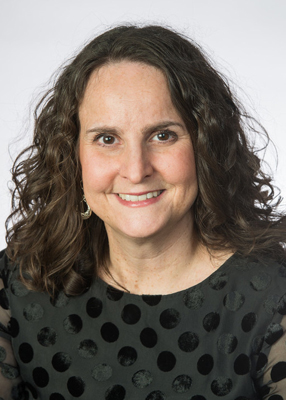
What do you like about your current job and what do you find challenging? How does it relate to your degree?
I love my current role at The City of Calgary. I oversee the Communication Division and lead approximately 120 communicators who support the various departments and business units with communications needs, as well as media relations, employee communications and crisis communications. Local government affects all aspects of everyone’s life. In Calgary, you can’t get a glass of water, turn on the light, or drive down the street without local government. Consequently, we are highly important to citizens and need to understand and respond to their needs. There are always competing points of view that need to be considered.
You can’t function in communications without understanding the political environment, so having a Political Science degree is a good basis for this role. Having French also helps as we sometimes need to respond to Radio Canada inquiries, and we also have a significant (if hidden) francophone population. The most interesting part is getting involved in all the issues, from naked swimming to responding to COVID to a late summer snowstorm that made our streets look like a war zone from all the toppled deciduous trees.
Why did you choose your program at UBC and what did you enjoy most about it?
I picked my program at UBC solely based on what I was interested in. I figured that my career path would follow, and I was right. I was initially interested in International Relations, but when I took the core courses in Political Science, I realized there was a whole world out there that I didn’t know about and was interesting to study. I also studied French, because I had been an exchange student in Belgium and wanted to refine my skills. Being fluent in French was a great complement to Political Science, because I could read the works of political philosophers like Montesquieu and Voltaire in their native language. Learning any foreign language complements a Political Science degree, because it gives you a direct window into the culture and history of an area and how that impacts politics.
What were some of your most meaningful experiences at UBC?
Barenaked Ladies at Arts County Fair, residence parties, sitting in the hallway chatting with fellow residence mates late into the night – there were so many experiences that were great! I don’t want to downplay that university is stressful, but for students straight out of high school, it’s the one time in life when you can truly focus on just yourself, so enjoy!
What choices did you make at UBC that contributed to your career success / journey?
Definitely studying what I was interested in as opposed to what I thought would get me a career. Now being in my 50s, what I’ve learned is that the most important skills you can gain are learning to critically think, learning to assess the value of information, learning how to be observant and knowing when change is required. Those are the key skills employers are looking for because our knowledge continues to evolve rapidly. If you have those skills, I can teach you whatever skills you need to do my specific job, but if you can’t think for yourself, you are useless to me as an employer.
What was your first job after graduation and what other jobs did you have before your current position?
I had a student placement after graduating as a Customs Officer. I quickly realized that being in enforcement was not my thing. I then went back to school because I had no idea what I could do with my degree (co-op was not a thing when I went to university). I completed a Bachelor of Education because I came from a family of teachers, but I also realized that while teachers are true gold, I wasn’t cut out to be one of them.
I then went to a career counsellor to figure out what I wanted to do and they suggested public relations. I took a course in press and media relations, which landed me a job at a nonprofit that paid peanuts, but I learned so much there.
I had landed in a career that was going to morph several times with the advent of the 24-hour news cycle and later social media, but one that I absolutely loved. I ended up working my way through local government, nonprofit and quasi-government positions until I found my current employer 15 years ago at The City of Calgary.
Is your current career path as you originally intended? What challenges did you face in launching your career?
Absolutely not. I had no idea what I wanted to do when I entered university, but my BA definitely gave me the skills to get to where I am today. I encourage everyone to participate in a co-op program if you can, because I think that might have cut out some of the circuitous pieces I did. You’ll gain some skills and help narrow down what you like, and more importantly, what you don’t like.
From your experience, what has been the value of having an Arts degree?
An Arts degree teaches you to understand the world, and to think critically. It helps you to understand people and cultures, and why things have happened throughout history. These are all things that are important for leadership, because you can’t lead without understanding people.
What advice would you give to students and alumni interested in breaking into your industry?
In my field, Political Science is a great background for communications. I eventually followed up my degree with a Master in Communications Studies, so you’ll want to figure out how you can combine PoliSci with some more core skills in communications.
What advice would you give your graduating self?
Don’t worry about your career! It will fall into place if you follow your interests. Also, take some time to travel before you start your first job. Work will always be waiting there for you but travelling gets harder as you get older and take on more responsibilities. If you are in your early 20s, you really do have all the time in the world. If you are not, it’s still important to do what you really want to do!
Heather Hastie



What do you like about your current job and what do you find challenging? How does it relate to your degree?
I love my current role at The City of Calgary. I oversee the Communication Division and lead approximately 120 communicators who support the various departments and business units with communications needs, as well as media relations, employee communications and crisis communications. Local government affects all aspects of everyone’s life. In Calgary, you can’t get a glass of water, turn on the light, or drive down the street without local government. Consequently, we are highly important to citizens and need to understand and respond to their needs. There are always competing points of view that need to be considered.
You can’t function in communications without understanding the political environment, so having a Political Science degree is a good basis for this role. Having French also helps as we sometimes need to respond to Radio Canada inquiries, and we also have a significant (if hidden) francophone population. The most interesting part is getting involved in all the issues, from naked swimming to responding to COVID to a late summer snowstorm that made our streets look like a war zone from all the toppled deciduous trees.
Why did you choose your program at UBC and what did you enjoy most about it?
I picked my program at UBC solely based on what I was interested in. I figured that my career path would follow, and I was right. I was initially interested in International Relations, but when I took the core courses in Political Science, I realized there was a whole world out there that I didn’t know about and was interesting to study. I also studied French, because I had been an exchange student in Belgium and wanted to refine my skills. Being fluent in French was a great complement to Political Science, because I could read the works of political philosophers like Montesquieu and Voltaire in their native language. Learning any foreign language complements a Political Science degree, because it gives you a direct window into the culture and history of an area and how that impacts politics.
What were some of your most meaningful experiences at UBC?
Barenaked Ladies at Arts County Fair, residence parties, sitting in the hallway chatting with fellow residence mates late into the night – there were so many experiences that were great! I don’t want to downplay that university is stressful, but for students straight out of high school, it’s the one time in life when you can truly focus on just yourself, so enjoy!
What choices did you make at UBC that contributed to your career success / journey?
Definitely studying what I was interested in as opposed to what I thought would get me a career. Now being in my 50s, what I’ve learned is that the most important skills you can gain are learning to critically think, learning to assess the value of information, learning how to be observant and knowing when change is required. Those are the key skills employers are looking for because our knowledge continues to evolve rapidly. If you have those skills, I can teach you whatever skills you need to do my specific job, but if you can’t think for yourself, you are useless to me as an employer.
What was your first job after graduation and what other jobs did you have before your current position?
I had a student placement after graduating as a Customs Officer. I quickly realized that being in enforcement was not my thing. I then went back to school because I had no idea what I could do with my degree (co-op was not a thing when I went to university). I completed a Bachelor of Education because I came from a family of teachers, but I also realized that while teachers are true gold, I wasn’t cut out to be one of them.
I then went to a career counsellor to figure out what I wanted to do and they suggested public relations. I took a course in press and media relations, which landed me a job at a nonprofit that paid peanuts, but I learned so much there.
I had landed in a career that was going to morph several times with the advent of the 24-hour news cycle and later social media, but one that I absolutely loved. I ended up working my way through local government, nonprofit and quasi-government positions until I found my current employer 15 years ago at The City of Calgary.
Is your current career path as you originally intended? What challenges did you face in launching your career?
Absolutely not. I had no idea what I wanted to do when I entered university, but my BA definitely gave me the skills to get to where I am today. I encourage everyone to participate in a co-op program if you can, because I think that might have cut out some of the circuitous pieces I did. You’ll gain some skills and help narrow down what you like, and more importantly, what you don’t like.
From your experience, what has been the value of having an Arts degree?
An Arts degree teaches you to understand the world, and to think critically. It helps you to understand people and cultures, and why things have happened throughout history. These are all things that are important for leadership, because you can’t lead without understanding people.
What advice would you give to students and alumni interested in breaking into your industry?
In my field, Political Science is a great background for communications. I eventually followed up my degree with a Master in Communications Studies, so you’ll want to figure out how you can combine PoliSci with some more core skills in communications.
What advice would you give your graduating self?
Don’t worry about your career! It will fall into place if you follow your interests. Also, take some time to travel before you start your first job. Work will always be waiting there for you but travelling gets harder as you get older and take on more responsibilities. If you are in your early 20s, you really do have all the time in the world. If you are not, it’s still important to do what you really want to do!
